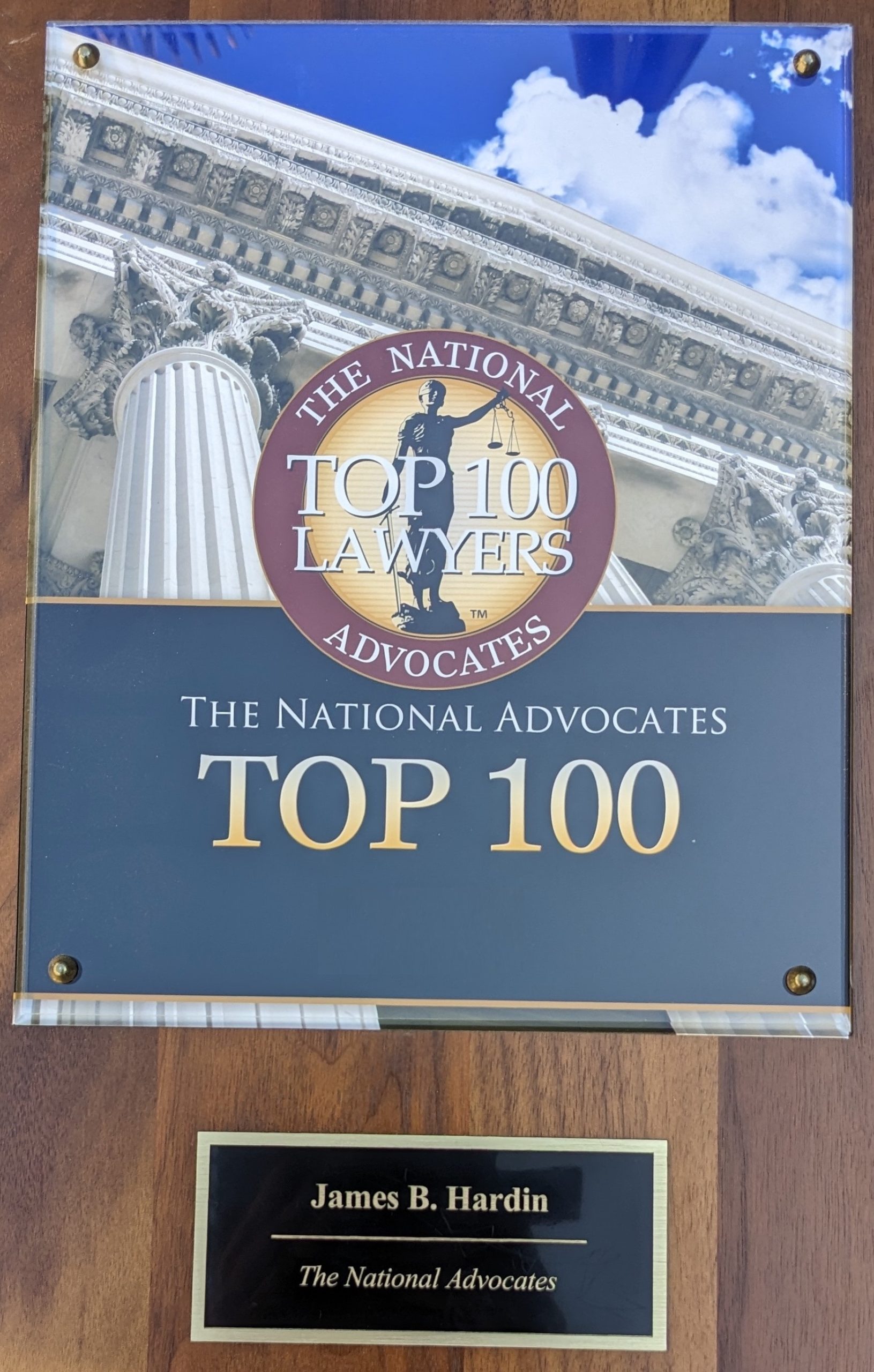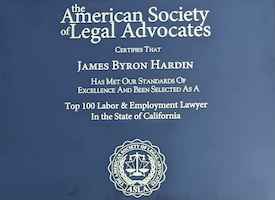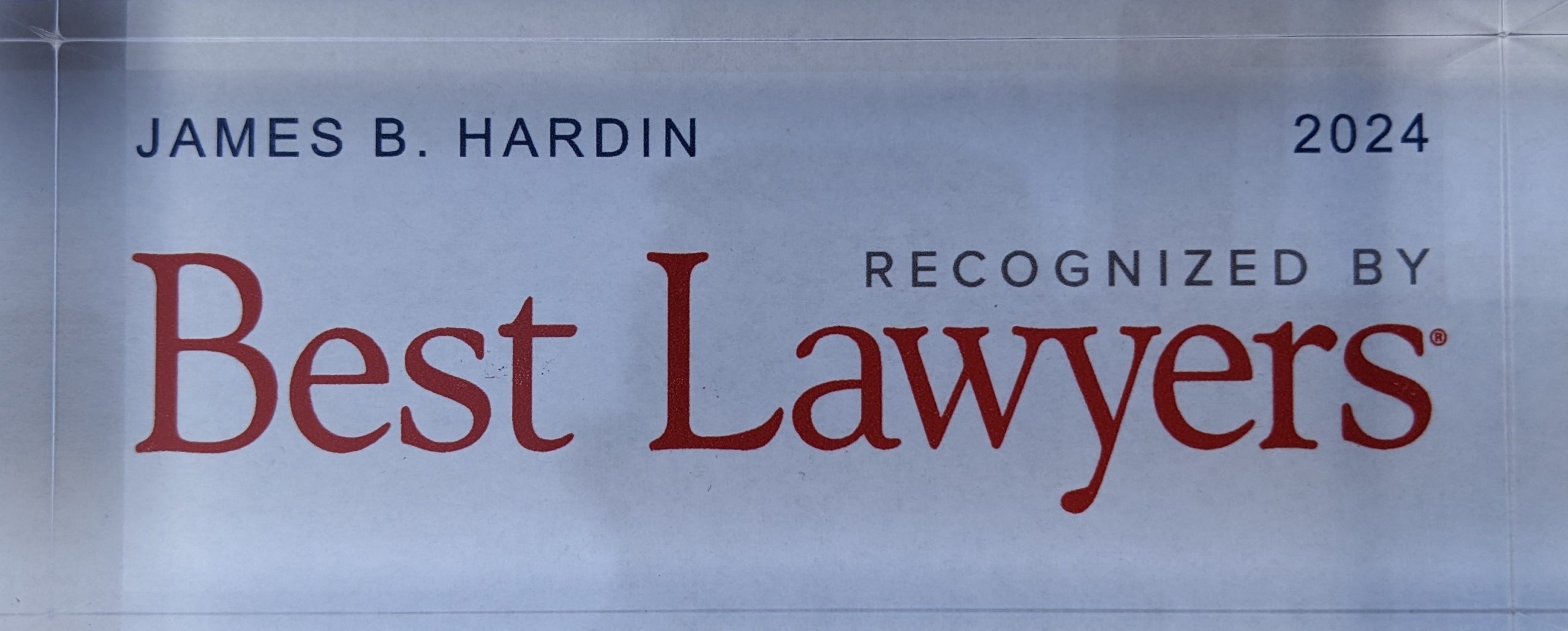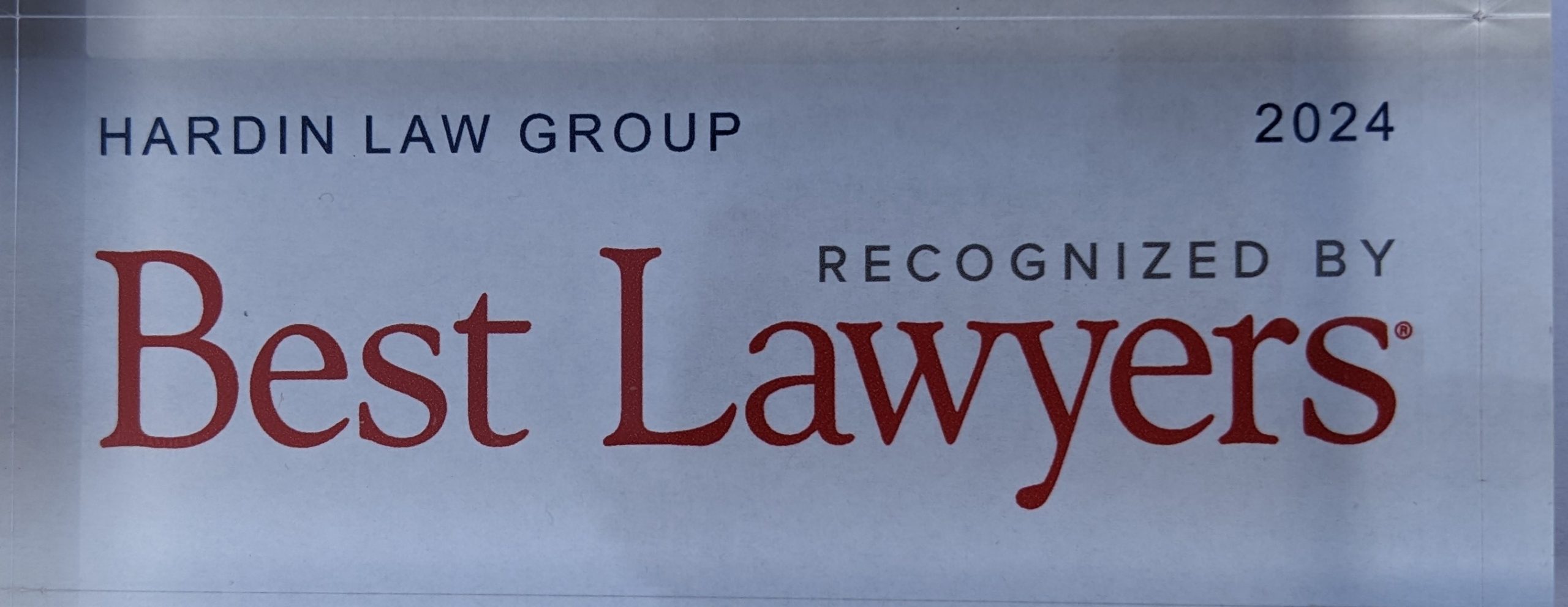California Supreme Court Rules on Class Action Sampling Methodology
Class actions are a common type of litigation in California (learn more about class action lawsuits here). But successfully filing a class action lawsuit is not always easy and involves meeting certain legal requirements. In fact, one issue that often arises in filing a class action involves determining who will be members of a particular class, and whether a given group of people qualifies as “class members.” In the recent case of Duran v. U.S. Bank N.A., the California Supreme Court weighed in, indicating that representative samples are sometimes improper methods of determining class members, but stopping short of defining a clear rule of when and for what reasons representative samples are admissible in state court.
The plaintiffs in Duran were loan officers who brought a lawsuit against US Bank claiming that they were improperly denied overtime pay under California law because they were illegally classified as “outside salespersons.” An “outside salesperson” is one who spends over half of each workday outside of the office of the employer. This scenario presented a difficult set of challenges for the class action certification process. Because each of the 260 total loan officers involved in the case spent different amounts of time in and out of the office, the issue of whether each loan officer was an “outside salesperson” varied for each person.
While US Bank proposed to try each of the alleged class members’ claims separately, the trial court and plaintiffs approached the problem differently. They took a “representative sample” of class members – 21 people total – examined their work habits, and extrapolated liability to the remaining members of the class. Rather than using the plaintiff’s proposed method of selecting allegedly “representative” members, the trial court selected class members at random to go to trial.
The issue of the permissibility of such representative sampling was appealed up to the California Supreme Court. The Supreme Court clearly found that the trial court had exceeded its limits by using sampling and statistics in order to come to legal and factual conclusions.
While the Supreme Court in Duran concluded that the trial court had erred in its sampling methodology, it did not set forth a categorical rule for determining what forms of sampling, if any, are permissible. The Supreme Court did state, however, that statistical methods are not admissible to prove liability in a class action when such methods are incompatible with the nature of the plaintiff’s claims of the defendant’s defenses. In this case, the statistical method was incompatible with US Bank’s defense that many of the alleged class members were “outside salespersons.”
Because the California Supreme Court did not set forth a bright-line rule, the decision in Duran has left many questions open as to when and under what circumstances representative sampling may be used in court for the purposes of class certification and liability.
For more information on filing a class action lawsuit, contact the experienced class action attorneys at Hardin & Associates today.





















